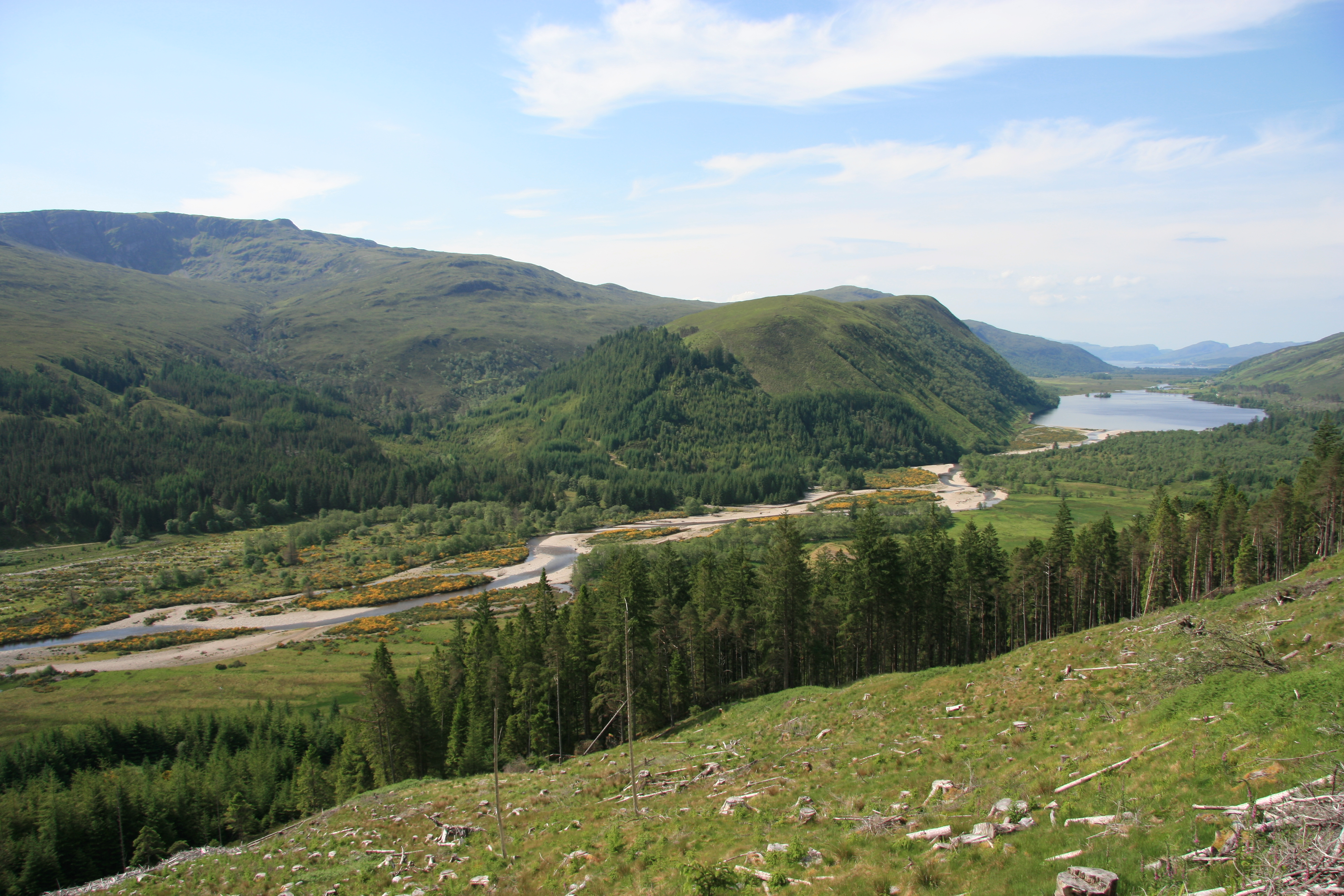As a PhD student in ecology, I always thought of my interest for board games as a mere hobby without any connection with my work. A field course in conservation management organised by Jaboury Ghazoul and Claude Garcia in the Norther West Highlands in Scotland unexpectedly changed my perception.
The course had for setting a land of stark beauty; melancholic lochs and glens dominated by dramatic mountains, and majestic Scots pines standing above heather moorland in remnants of the ancient Caledonian forest. To get a glimpse of land management in this part of Scotland, interviews were organised with natural reserve rangers, foresters, large private estate owners, crofters (usually tenants of a small agricultural unit mostly producing lamb and beef), managers of community-owned estates and interested citizens. Ignoring the rain, enduring the midges, suffering the occasional sunburn and fighting off the ticks, the keen students that we are bombarded the interviewees with questions.
A great variety of management objectives are expressed by stakeholders. Some lands are managed to enhance recreational and aesthetic value, some for their conservation value, and others for generating revenue by growing commercial timber, generating energy, or even sheep farming to some extent (although all estates need funding, some management plans are encouraged by grants). Many estates fulfil not one but several of these objectives. For example, on the estate managed by the Forestry Commission, some plots were for timber production, others for native woodland restoration.
We saw that different objectives can lead to the same management plan. The rangers at the Beinn Eighe National Nature Reserve plant native trees for conservation, local communities do it to establish woodlands for recreation, and large land-owners plant because it is a source of income through government grants.
There are tensions and conflicts, and, in the western highlands of Scotland, deer often lie at the heart of these tensions. Overgrazing by deer is the major threat to reforestation success. Restoration of pine trees requires tree planting, but also deer control, largely by culling (deer stalking). But some stakeholders, such as the large sports hunting estates, derive a large share of their incomes on deer stalking, and do not appreciate the reduction of deer numbers for conservation or community interests.
Indoors, we unravelled information gleaned from the different stakeholders, in all its complexity. We identified issues, actors, resources, and the interactions among them. We discussed and debated interpretations and perspectives. We eventually had the skeleton of a multi-agent system. Agents are autonomous entities actively interacting with their environment and the resources in the system according to certain rules. The consequences of their actions affects their surroundings and in turn trigger responses from the agents. Once the links are reasonably well identified and quantified, it is possible to translate this system into a game. Although we did not go that far during the course, some of the students had earlier constructed games based on their understanding at that time of Scotland case study. Some groups created board games, other computer games. And the results look astonishingly like Agricola, a strategy board game in which players embody farmers exploiting their land (https://boardgamegeek.com/boardgame/31260/agricola).
Constructing such games can facilitate a clearer understanding of highly complex socio-ecological systems, and allow the development of insights to managing natural resources. The games, based on the description of the stakeholders’ understanding of the situation, their objectives and their needs, are one way by which participatory modelling might directly engage stakeholders in the decision-making process. Stakeholders can actually play such games to explore different management strategies and possible find solutions to resource management. We learn, and it’s fun!
What better way to link my enthusiasm for ecology and for board games?

